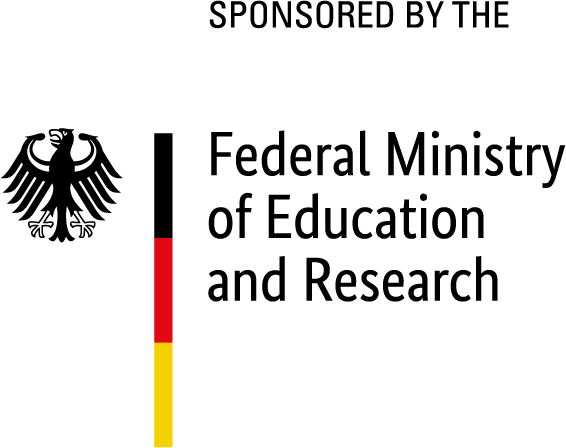Project Description
Project’s Objective
The guidelines and documents on adaptation to climate change published in recent years by the government of Ghana call for immediate action in view of the impending challenges. The RAIN joint research project aims to combine an early warning system with intelligent technical and organisational water management and supply strategies, supplemented by training and further education measures for selected groups as well as decision-makers. This will enable the implementation of strategies for appropriate water treatment processes and will help to reduce vulnerability by increasing the resilience of urban areas to the impacts of climate change, thus enabling sustainable water use.
Structure and Scope of the Project Network
By considering two contrasting pilot regions in the project (Accra – urban; area around Nabogu – rural) the transferability of approaches and findings of the project to the WASCAL regions and beyond (e.g. SASSCAL regions) will be guaranteed. In these pilot regions, adapted rainwater treatment plants will be implemented and tested to provide irrigation and process water. Furthermore, irrigation systems for rural and urban agriculture will be tested. These measures will serve as a showcase for the local population and decision-makers.
Distinctive Features (Innovation) compared to the State of the Art
As a first step, the required data will be collected and scenarios for assessing the effects of floods and droughts on the pilot regions will be developed, serving as a basis for a forecast model for local meteorological impacts of climate change. This model will then be established as an early warning system for natural disasters. A strategy will be developed to promote sustainable water management, specifying the intelligent storage, treatment and distribution of water resources. The implementation requires the development of sustainable technologies, i.e. pilot plants for the treatment of surface water as well as intelligent irrigation systems.
Practical Contribution to Sustainability
Education is the key to a better and self-determined future. The German Federal Government pursues this target by supporting the African Union in establishing the Pan-African University in the field of water, energy and climate change as a university of excellence with close German-African university and research cooperation. The aim is to find common positions on the topic of climate and thus to increase Africa’s contribution to solving continental and global challenges.
Among other things, the German Federal Government wants to support the institutions of the Pan-African Agriculture Programme in planning measures for adaptation to climate change in agriculture throughout Africa. (Africa policy guidelines of the Federal Government) In addition to these objectives, RAIN also contributes to the following targets that are defined in the BMZ water strategy:
- Provide access to sanitation and drinking water and ensure hygiene
- Promoting water resource security
- Valuing water as a resource for peace and against the causes of flight
Sustainable Development Goals
In parallel with the objectives of the German government, the RAIN project also pursues some of the sustainable development goals set out in Agenda 2030, which are:
Zero Hunger:
By 2030, end hunger and ensure access by all people, in particular the poor and people in vulnerable situations, including infants, to safe, nutritious and sufficient food all year round.
By 2030, ensure sustainable food production systems and implement resilient agricultural practices that increase productivity and production, that help maintain ecosystems, that strengthen capacity for adaptation to climate change, extreme weather, drought, flooding and other disasters and that progressively improve land and soil quality.
Clean Water and Sanitation:
- By 2030, substantially increase water-use efficiency across all sectors and ensure sustainable withdrawals and supply of freshwater to address water scarcity and substantially reduce the number of people suffering from water scarcity
- By 2030, implement integrated water resources management at all levels, including through transboundary cooperation as appropriate
- By 2030, improve water quality by reducing pollution, eliminating dumping and minimizing release of hazardous chemicals and materials, halving the proportion of untreated wastewater and substantially increasing recycling and safe reuse globally
Climate Action:
- Strengthen resilience and adaptive capacity to climate-related hazards and natural disasters in all countries
- Integrate climate change measures into national policies, strategies and planning
- Improve education, awareness-raising and human and institutional capacity on climate change mitigation, adaptation, impact reduction and early warning
Sustainable Cities and Communities:
- By 2030, significantly reduce the number of deaths and the number of people affected and substantially decrease the direct economic losses relative to global gross domestic product caused by disasters, including water-related disasters, with a focus on protecting the poor and people in vulnerable situations

